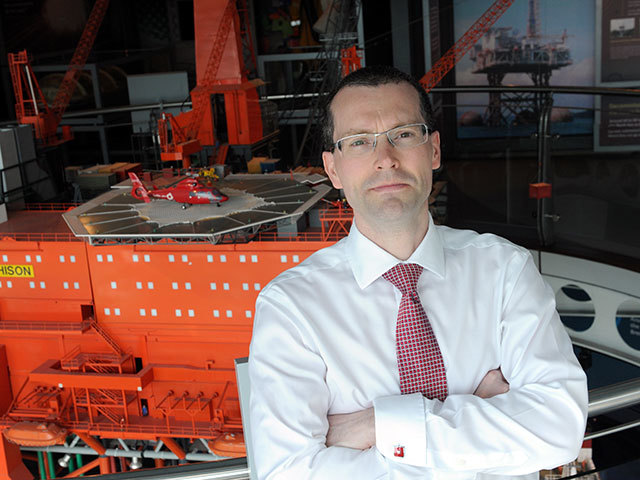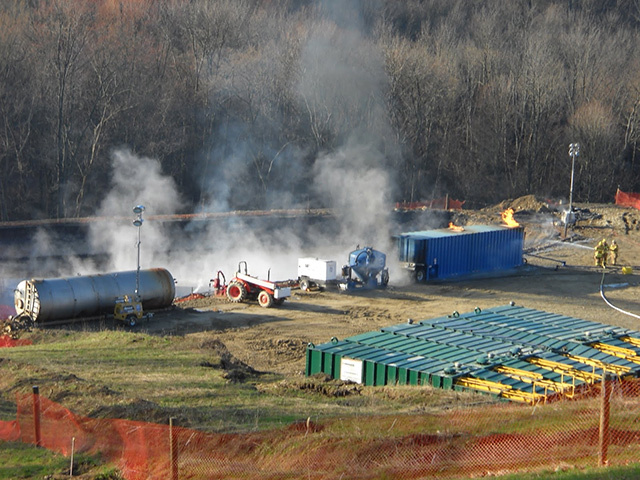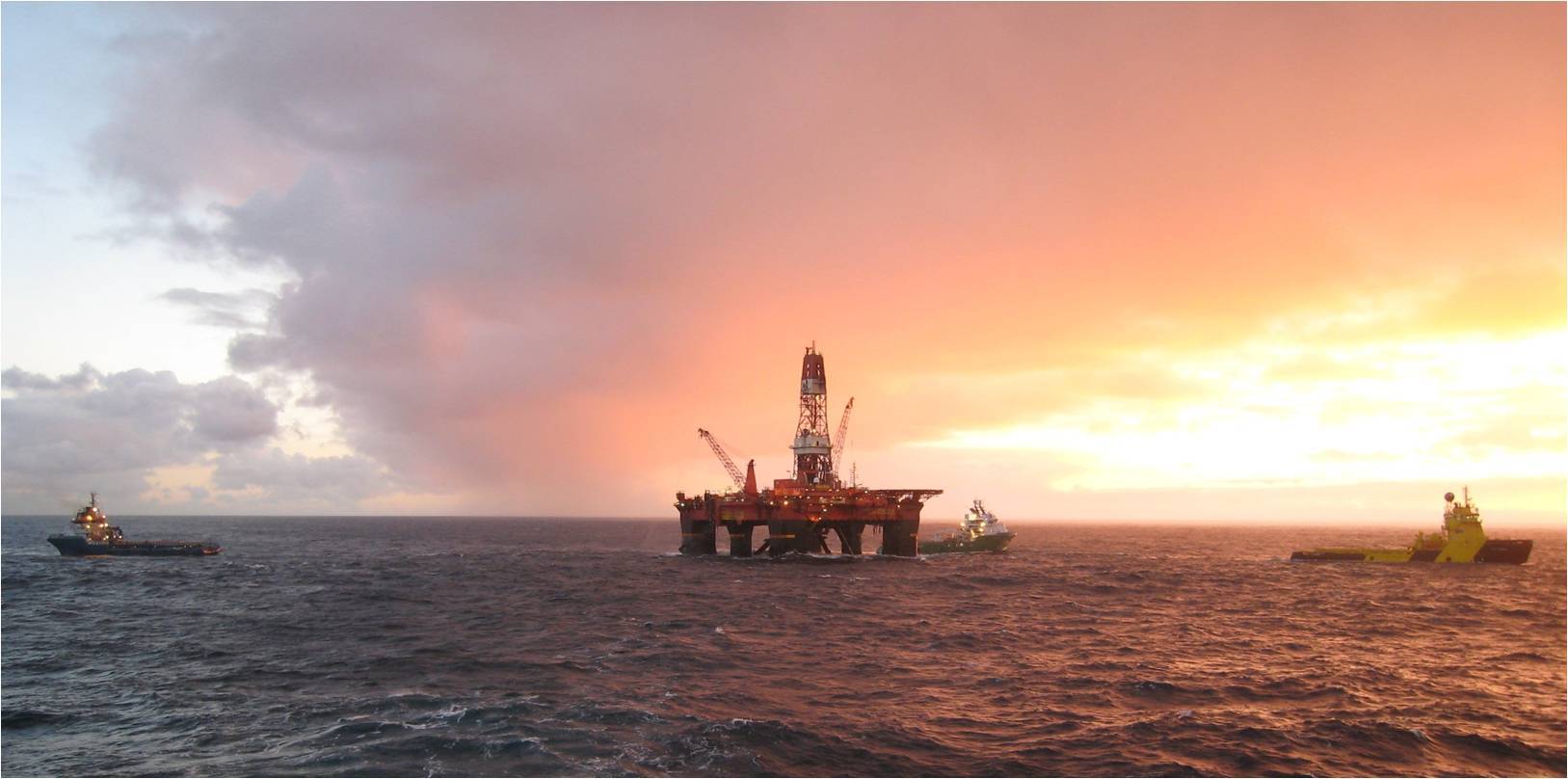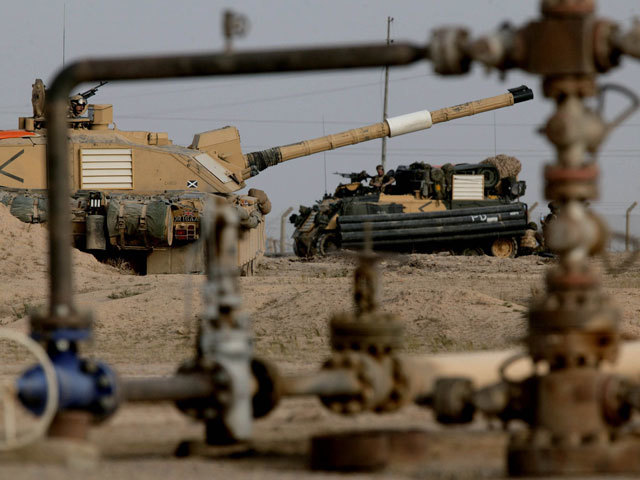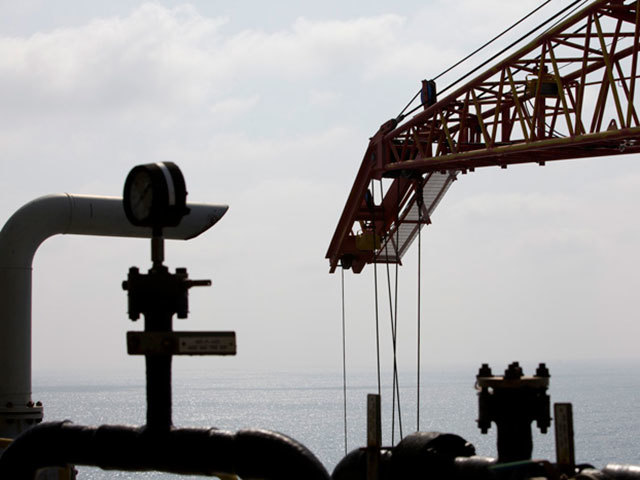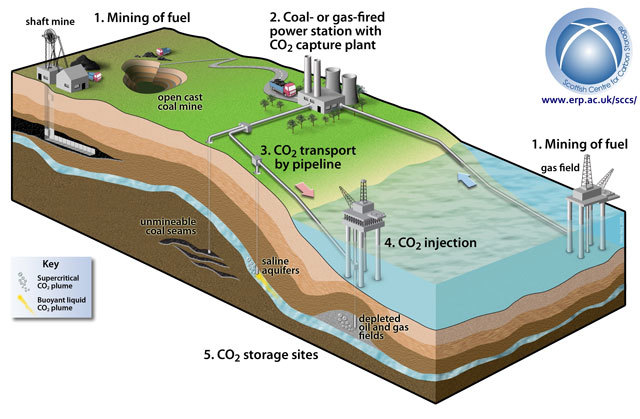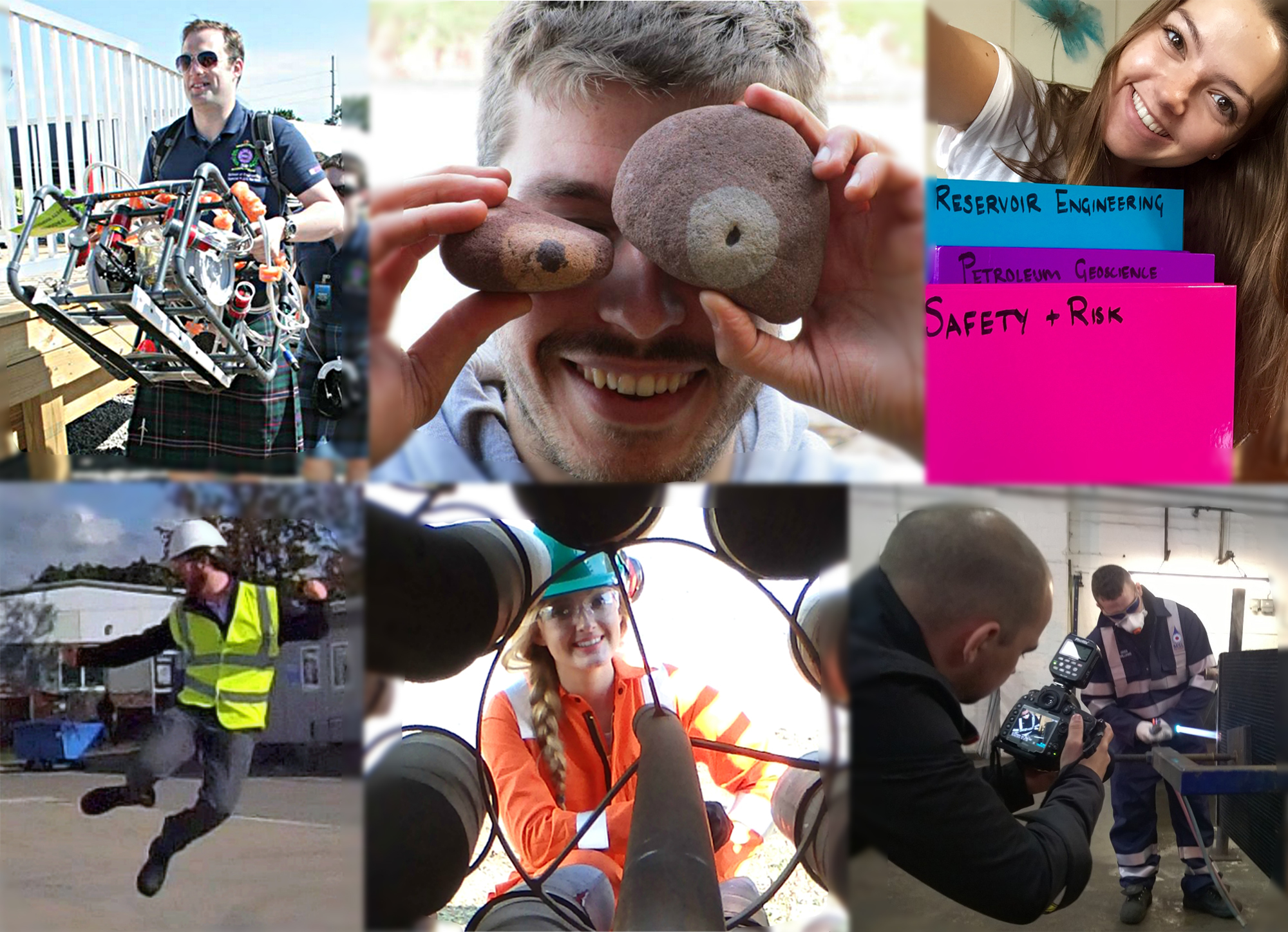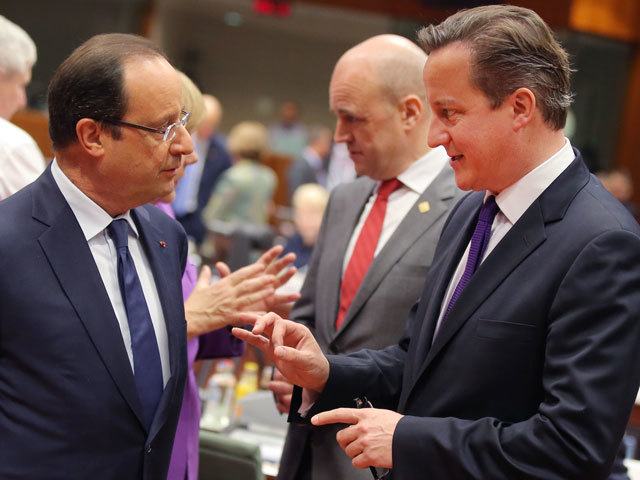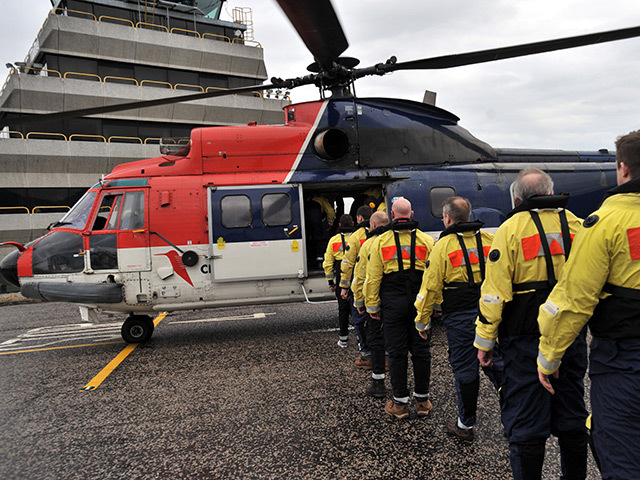Bob Keiller: The road not taken and why I chose to abandon my dream as an artist
In 1980, I sat on a summer bench with my friend Jimmy Steele. We talked about the future, our options, our hopes and our dreams. He had already left school and was studying civil engineering at Paisley Technical College, which was just outside of Glasgow, Scotland. I was about to enter my fifth, and hopefully final, year at school. "So what are you going to do after leaving school?" he asked. I told him art was my favourite subject, so I hoped to go to art college to study graphic art design. I wanted to become an illustrator of book covers and, more importantly, of album covers for the music industry. I was really into music! I had ideas for fantastic landscapes and creatures that I felt would bring the covers and records to life — striking text and colourful fonts — all airbrushed and painted by hand. I imagined I would design dragons and angels, princes and thieves, lovers and rockers. Jimmy cautioned me that the creative arts field is a tough industry to break into, that talent alone may not be enough. He said I might be better off to consider a more solid career option with better job prospects, even as a safety net or a fall back option. “A trade to fall back on” was how he put it. I thought hard about it. The two roads diverged, and at the time, I was sorry I could not travel both.

